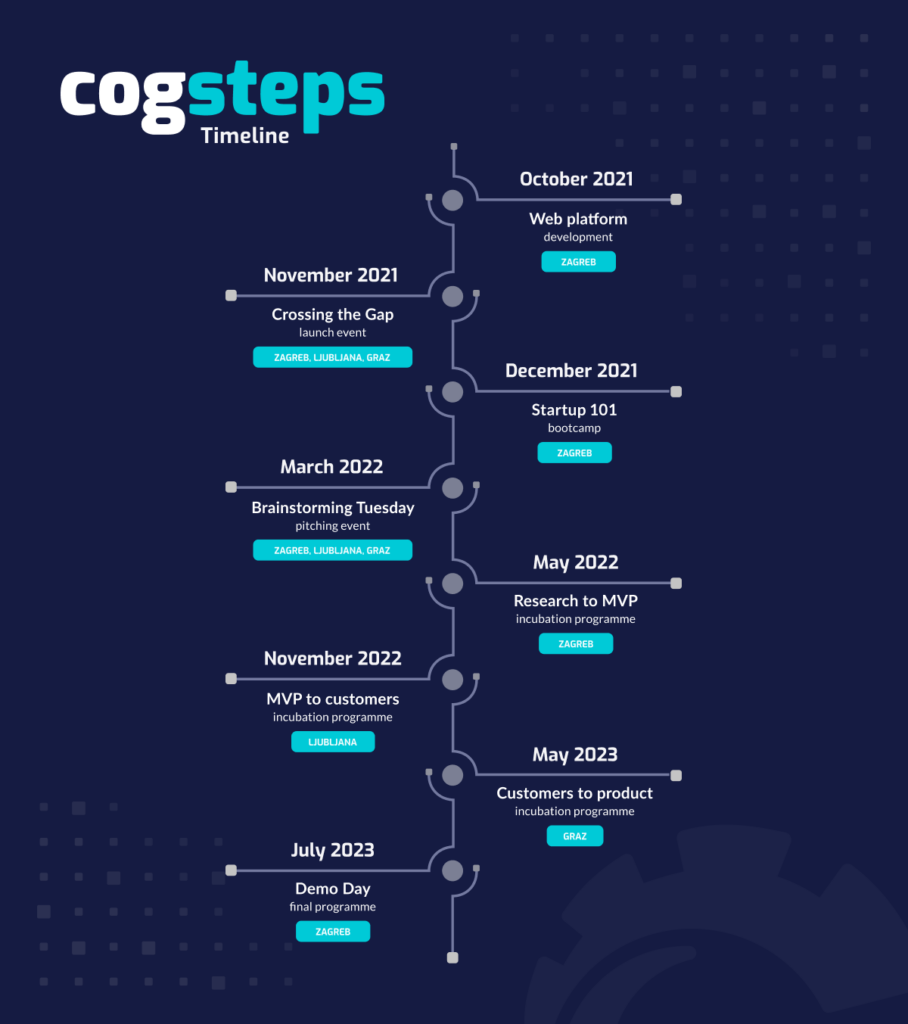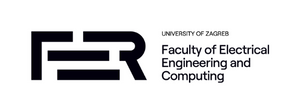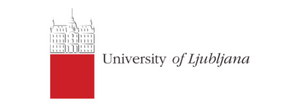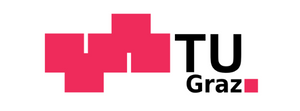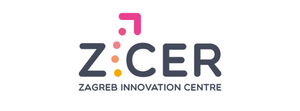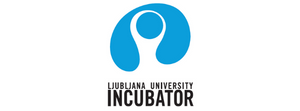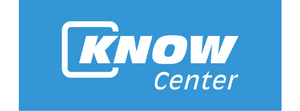About
Crossing the Gap: Startup education and support for PhD students, researchers and scientists (COGSTEPS) is the Erasmus+ project coordinated by the University of Zagreb Faculty of Electrical Engineering and Computing and implemented together with the University of Ljubljana, TU Graz, Zagreb Innovation Centre, Ljubljana University Incubator and Know-Center. The implementation of this project seeks to “fill the gap” between the academic and the startup world.
Through the COGSTEPS project, a web platform that allows researchers and scientists to transform their research results and innovations to deep-tech startups and connect with relevant experts and stakeholders from the startup ecosystem is developed. Subsequently, researchers and scientists will be able to engage in intensive startup bootcamp to master the startup basics and to recognise the opportunity for commercialising their research. The next step is startup training in three phases, for all research and development teams that already had basic startup knowledge or received it through the bootcamp, and want to found a startup from their research. Each phase will be complementary to the previous one, each phase will follow a specific period of startup development and each phase will be implemented by different partners that have the most experience and knowledge about that specific phase. At the end of the project, startups will present their work in front of industry representatives, investors and venture capital funds.
This project will provide personal development and development of transversal skills like public speaking, pitching, managing team dynamics, ability to connect with people and networking, agile project development, budget management and fundraising for many students, researchers, professors and scientists. With a trans-disciplinary approach and research-based learning in this project, participants will also acquire transferable skills like business strategy, leadership, problem-solving, communication skills, commercial awareness, listening and feedback analysis They will be able to apply those skills in their regular job, daily tasks and in a well-known environment, but it will also encourage them to venture into entrepreneurship.
The challenge
Many researchers and scientists work their whole life in a specific field and they are “top-notch” experts, with years of experience. Most PhD students invest many years in research, development and testing while they are preparing their doctoral dissertation but this knowledge and experience are rarely applied in the industry. Too few PhD holders in the EU go on to work outside academia and too few startups and spin-off companies are founded by PhD holders. As a result, the EU is in a serious deficit of successful startups and spin-off companies that are coming from the universities. This is a huge problem since innovation is one of the most important drivers of economic growth. Unfortunately, in many EU countries, the academic and startup worlds are not connected at all. This is especially true for the national context of Croatia which lags behind the rest of the EU at the starting of university startups and spin-off companies.
Project aim & objectives
The goal of this project is to create a clear path, educational materials and support programme for every academic startup. The objectives of the COGSTEPS project are:
- positive change in startup perception from the academic and scientific communities,
- starting more university startups and spin-off companies,
- development of an entrepreneurial mindset, transferable and transversal skills by many students, researchers, professors and scientists,
- forming a regional hub for innovation, research and science commercialisation,
- crossing the gap between academic and startup worlds.
Project activities and outputs
The first step will be to develop the COGSTEPS web platform for promoting ideas and researches with the goal of connecting researchers from different universities with each other and with experienced startup experts. The innovative component will be a data-driven recommender system that has the goal of delivering personalized recommendations to users of the platform. The platform will lead users through startup formation step by step – from brainstorming and networking, education and mentoring, first contact with important startup ecosystem stakeholders like incubators and VCs, to recommendations for events, open calls and physical startup programmes based on the available startup information.
The second step will be designing and implementing several education and support programmes for researchers and scientists who would like to start a deep-tech startup based on their research results. The first one will be a “Startup 101” bootcamp. More than 20 researchers will engage in intensive startup bootcamp, to master the startup basics and to recognize opportunities for commercializing their research. The “Startup 101” bootcamp will be designed to cover key areas for someone who is an absolute startup beginner. Some of the topics will be startup terminology, what is a startup, team and roles, startup lifestyle and phases, useful tools, fundraising, incubators and accelerators, pitch deck elements, public speaking and presentation, technology transfer, IP and patent in the startup world.
The next one will be startup incubation in three phases, for 8 academic research and development teams that want to try to commercialise their innovations by starting a startup. Each phase will be held as an intensive 14-day education, complementary to the previous one, and will follow a specific period of startup development. The “Research to MVP” phase will focus on an easier transition from the academic to the startup world. Experienced mentors from all partner organisations will hold workshops on different topics, including topics like project management, idea validation, prototyping, defining target customers, pitch and storytelling and others. The “MVP to Customers” phase will focus on acquiring their first customers. It will cover topics like product/market fit, business model, sales, brand, digital marketing and others through series of workshops. The “Customers to Product” phase will focus on business growth and securing the funding. It will cover topics like product scaling, growth, networking, fundraising, legal and others.
During the project, researchers and scientists will be able to participate in several networking and dissemination events like “Brainstorming Tuesday” and “Demo day” which will help them to experience the typical startup setting.
